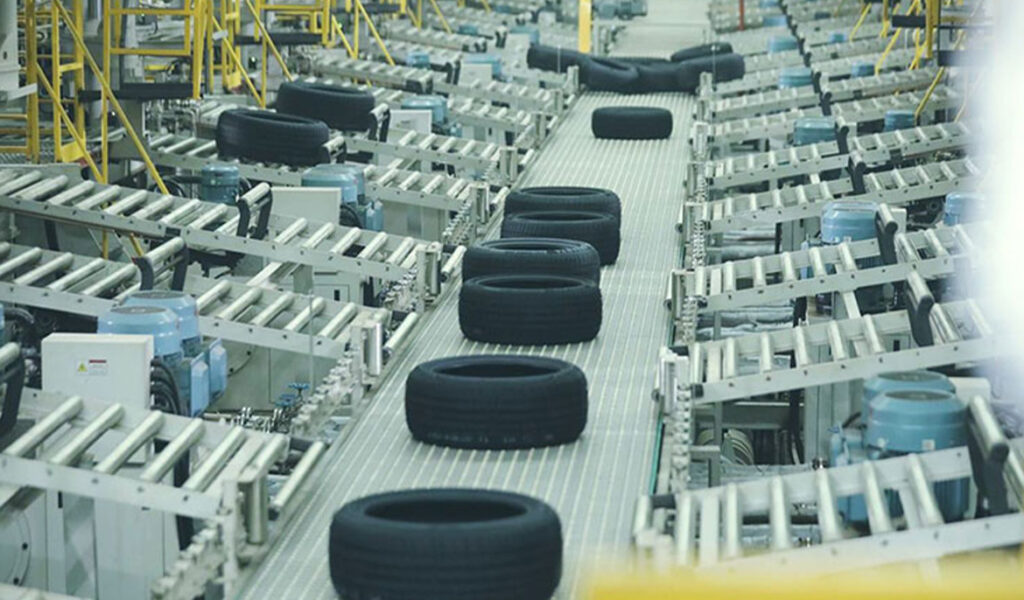Prime Minister Hun Manet has asked all tyre factories in the country to use domestic rubber as raw material inputs, creating a market for rubber plantation farmers even as two more tyre factory projects have received in-principle approval for investment in Cambodia.
The country will attract two new tyre investment projects as some companies are currently producing tires for export to the European market, the Prime Minister said in an event held on Sunday.
“Recently, Cambodia has attracted two more companies that are planning to invest in the production of tyres in Cambodia for export in the international market,” the Premier said.
He asked the tyre factories and the rubber association to use and support domestic rubber as raw materials for their productions.
Mr Hun Manet comments came after the operational tyre factories reportedly imported raw materials of dry rubber from abroad for their production chains.
Lim Heng, Vice President of the Cambodia Chamber of Commerce, said that new investment for tyre factories will help improve the demand for domestic rubber, create a market for rubber farmers and rubber plantation owners.
“Almost all rubber is exported as raw material. If there is demand for rubber for tyre production, it will secure a market for domestic rubber and stable prices for farmers,” Heng told Khmer Times.
Cambodia exported $100.5 million worth of dry rubber in the first quarter (Q1) of this year, up 8 percent from $92.9 million recorded in the same period last year, a General Directorate of Rubber report showed.
The Kingdom exported 69,322 tons of dry rubber in the above-mentioned period, a year-on-year increase of 5.1 percent from 65,921 tons in the same period 2023, read the report.
Dry rubber cost $1,450 per ton in the first quarter of 2024, 41 dollars higher than that of the same period last year, stated the report.
The country exports the commodity mainly to Malaysia, Vietnam, Singapore and China.
According to the report, Cambodia has so far planted rubber trees on a total area of 407,172 hectares, in which the trees on 320,184 hectares, or 79 percent, are old enough to be tapped. (khmertimeskh)



